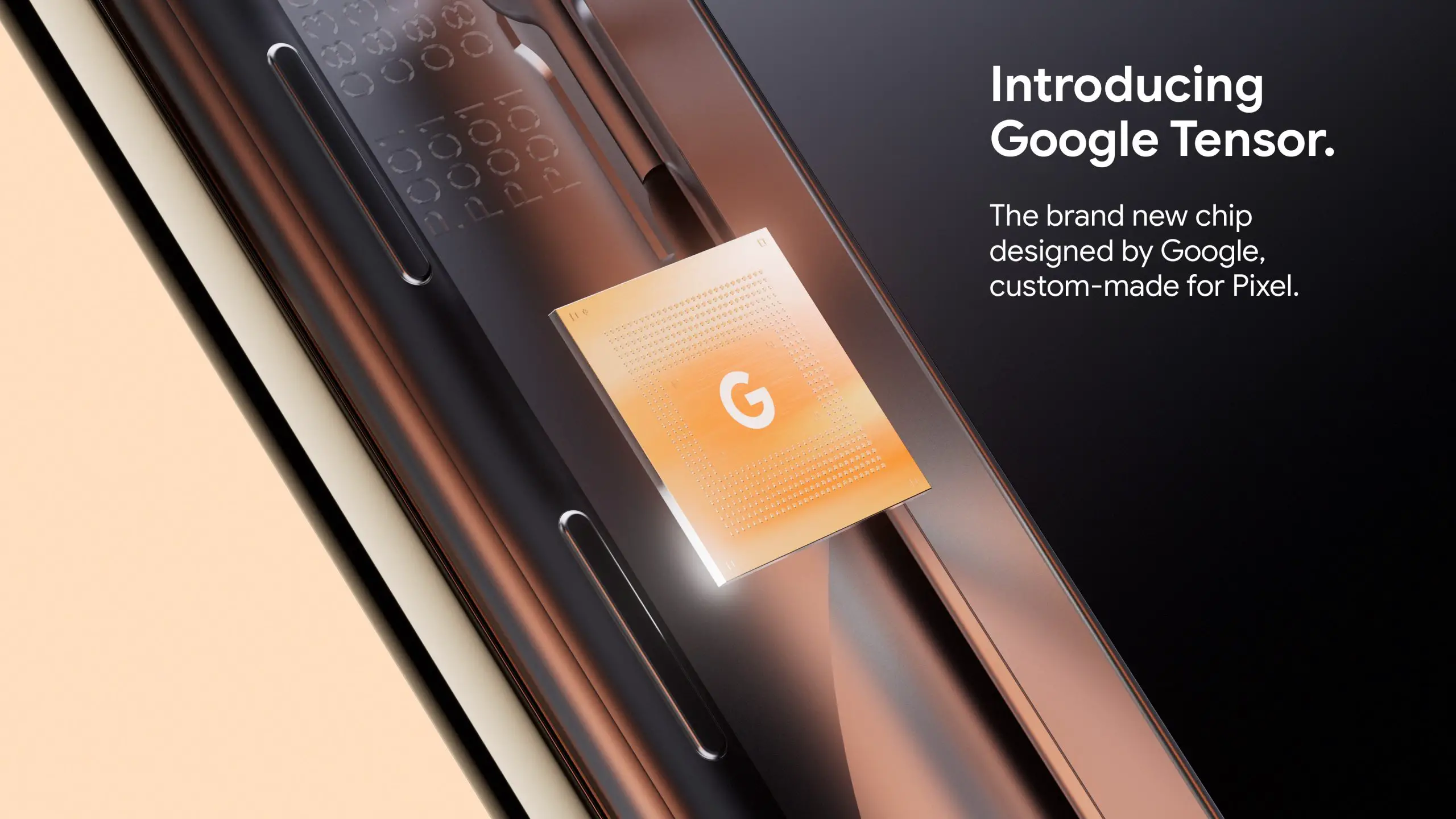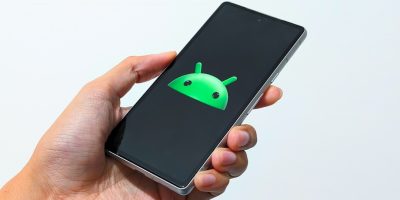The launch of the Pixel 9 series has also unsurprisingly ushered in the debut of Google’s new Tensor G4, the fourth iteration of its custom mobile chipsets which (at least up until now) were designed in collaboration with Samsung. While there is some prevailing doubt as to the overall performance of the new Tensor chip, it’s actually been a surprising experience so far.
For those unfamiliar with the whole Tensor “situation,” here’s a bit of a breakdown – like other smartphone makers back in the day, Google equipped its Android phones with chips from Qualcomm’s Snapdragon line, although this would change with the launch of the Pixel 6 series. In 2021, the company announced that it will be using its own “custom” Tensor-branded chipsets, which have since powered its succeeding smartphones.

Unfortunately, Tensor wasn’t off to a good start, with numerous complaints of slowdowns, overheating and signal issues, to name a few. While recent iterations like the Tensor G3 from last year’s Pixel 8 series offered some improvements, it still paled in comparison to competing products, and this seems to carry over with the Tensor G4.
READ: Google says Tensor G4 isn’t designed for raw power
As a result, the new Tensor G4 chip inside the Pixel 9 series isn’t the most powerful mobile processing platform in the market right now. Compared to contemporaries like the Snapdragon 8 Gen 3 and even Apple’s A17 Pro, Google’s custom chipset has a bit of trouble keeping up with its rivals. Even Google has gone to say that the G4 wasn’t developed with powerful performance in mind, although this isn’t necessarily a bad thing.
Now before you take aim at me with your pitchforks and torches, there’s a bright side to the Tensor G4 chip. Google was honest about its unflattering performance, but where the Tensor G4 shines is with its efficiency. Soniya Jobanputra from Google’s Pixel product management team states:
When we are designing the chip, we’re not designing it for speeds and feats. We’re not designing it to beat some specific benchmark that’s out there. We’re designing it to meet our use cases.
Now this seems to be the case so far, at least for day-to-day tasks. There’s been less heating in general, and factors such as battery drain and connectivity issues (at least on my retail unit) have been better compared to older models, which were problematic in those areas. For your “average” smartphone user who just wants a perfectly functional phone – with a great camera, to add – will find a lot to love with the Pixel 9 series, especially the Pro models.
![]()
As you can probably tell from the title of this post, there is a catch though, and a big one at that. Where the Tensor G4 flounders is with sustained performance especially when gaming, and while Google was clear on this matter it should be kept in mind that the Pixel 9 series devices are marketed as flagship phones with flagship prices.
…it should be kept in mind that the Pixel 9 series devices are marketed as flagship phones with flagship prices.
This may prove problematic for users who want an “all-in-one” device without any compromises in performance, folks who buy flagship Android phones specifically for gaming purposes. Benchmarks have continuously shown that the Tensor G4 is able to play graphics-intensive games like Genshin Impact for example, but has problems with overall performance in the long run.
Still though, not everyone who uses a Pixel – or a flagship phone, for that matter – is a “gamer,” and some might even consider the Pixel 9 solely for its camera capabilities and practical features. But until we see what TSMC is cooking up with the Tensor G5 for next year, the G4 will more often than not live under the shadow of its rivals.











Comments